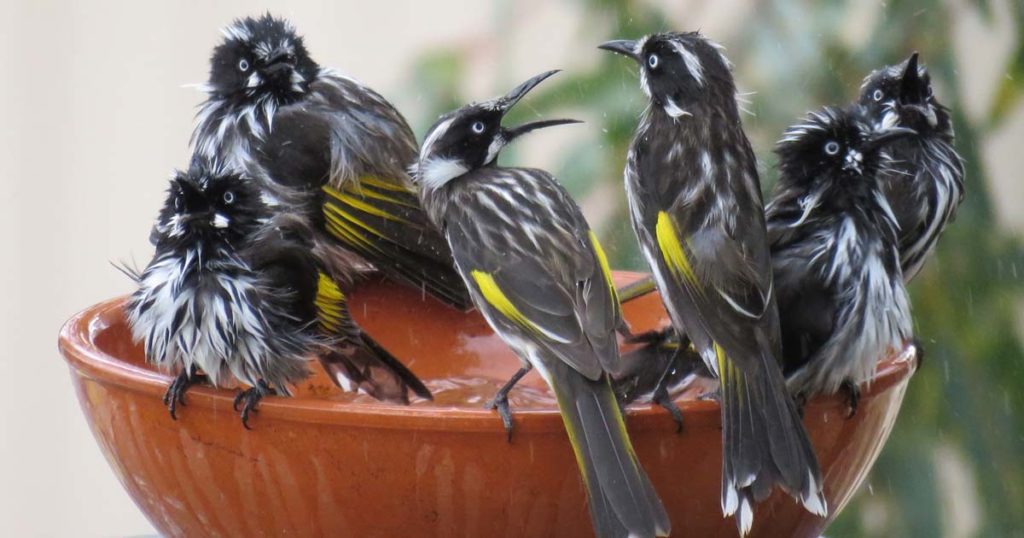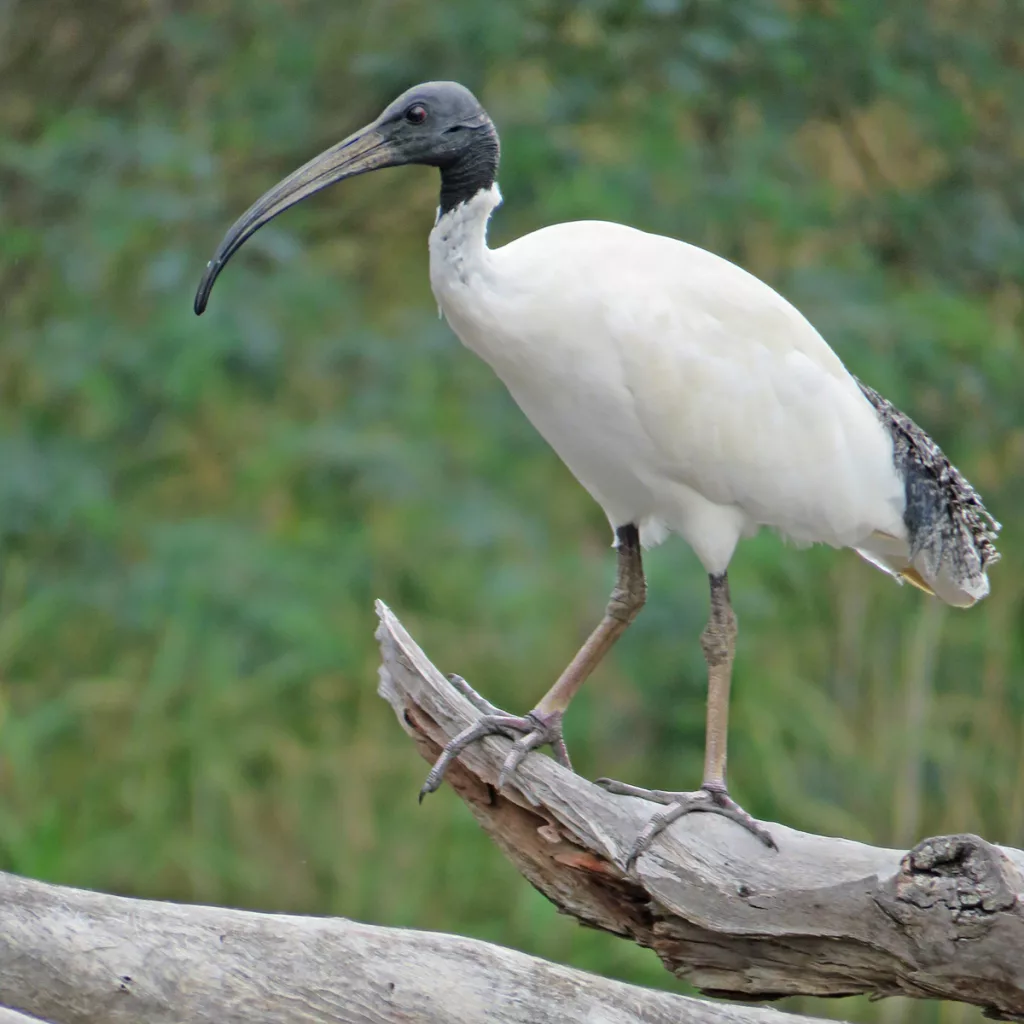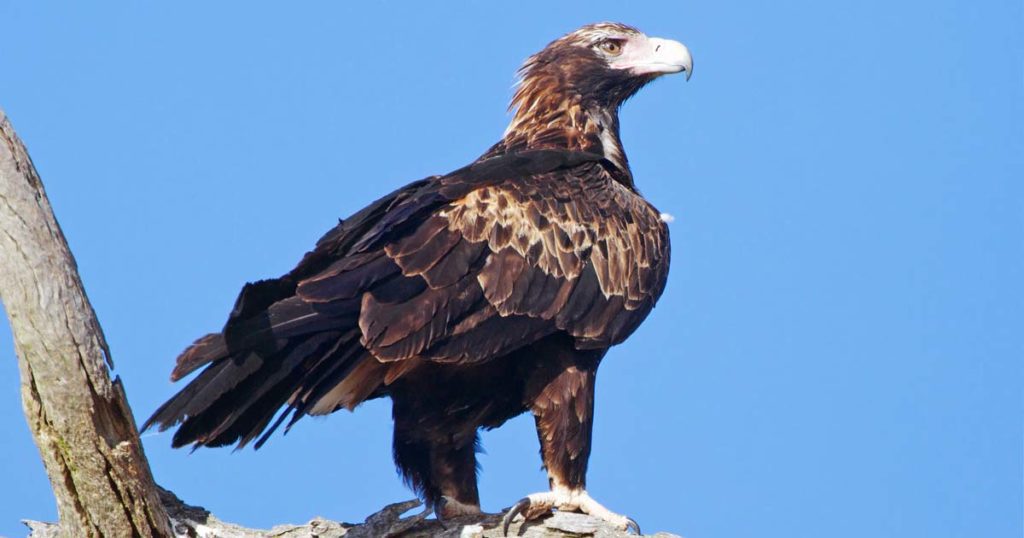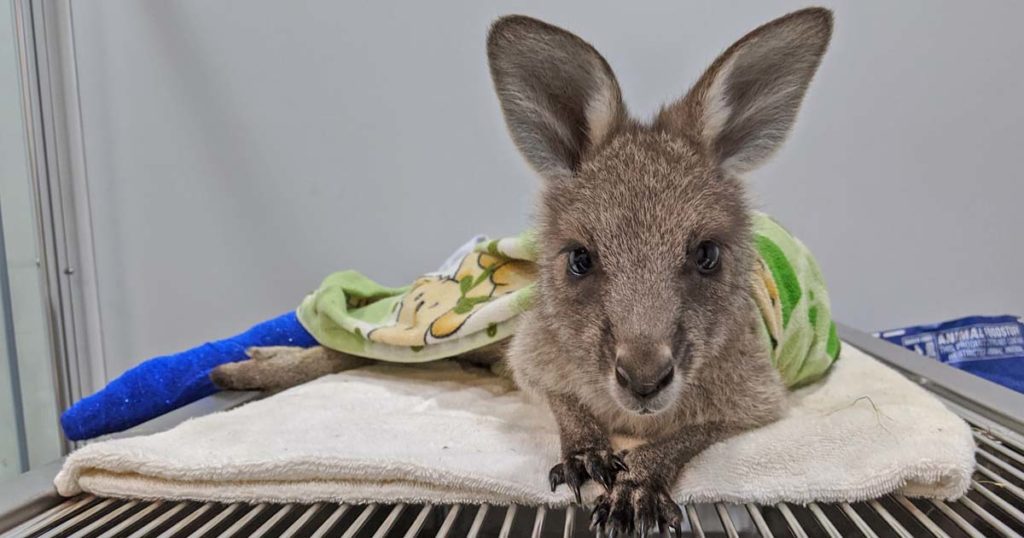Q&A with Dr Philip Barton
Reed bees (bees of the genus Exoneura) are among the lesser-known native bees you may encounter in the Murrindindi Shire. There are around 80 species of reed bees, and like all native wildlife, these unsung heroes make valuable contributions to the ecosystems they inhabit. However, reed bees remain understudied and underappreciated – words that also sadly apply to countless other members of the insect world.
A recent paper published in the journal Biological Conservation warns that this lack of knowledge about our insect companions is to the detriment of humankind. The paper, titled ‘Scientists’ warning to humanity on insect extinctions’, outlines how human beings rely on insects, which provide everything from new medical treatments to climate regulation. In short, our survival depends on theirs. The paper also details the many ways in which human activity is causing insect demise, including through habitat loss, pollution, and invasive species impacts. Worryingly, the authors suggest we can’t fully understand the impact of insect extinctions because we don’t know enough about insects in general.
To help raise insect awareness, one of the paper’s co-authors, Dr Philip Barton, shares his reed bee knowledge in this Q&A. Dr Barton is an ecologist and entomologist, and a senior lecturer in environmental science at Federation University. He has worked on native bee studies involving reed bees, and his insights will help you get better acquainted with these six-legged locals.
1. Why do reed bees have such a low public profile?
Reed bees are quite common in some areas, but we don’t know very much about their biology. There are quite a few groups of native bees that are very poorly studied, including reed bees. They are semi-social bees and don’t form large colonies like honeybees. Rather, they may nest as solitary individuals or in small groups in the stems of plants, so can be quite variable in their nesting behaviour.
The public is generally unaware of the vast diversity and incredible importance of insects in ecosystem. There may be a few reasons for this, including the ‘yuk’ factor that some people feel towards insects, and the role of the media in perpetuating stereotypes about ‘creepy crawlies’ and ‘bugs’. Gardeners, farmers and outdoorsy types are usually very much more informed and interested in insects. There has been a lot of hard work put into raising awareness of native bees, and I think we’re miles ahead of where we were just a few years ago when most people didn’t even know we have native bees!
2. What are some of the features and behaviours of the Exoneura genus?
Reed bees are semi-social and do not form large colonies. The females lay eggs in hollowed-out reeds and canes where they rear their larvae. Reed bees appear to be quite good pollinators and visit a number of different exotic and native plants. One study I was involved in found reed bees visited flowers of 18 different plant species, including crabapple and blackberry crops, and native Acacia, Hakea, Leptospermum and Pultenaea. They have special hairy hind legs for carrying pollen. They don’t store any honey in their nests, and simply collect nectar and pollen to feed their young.
There is some nice information here about reed bees produced for Australian Pollinator Week:
3. Where are they found in Victoria and what sorts of habitats do they like to live in?
The Atlas of Living Australia (www.ala.org.au) is a fantastic public resource and provides information about Australia’s species and where they’ve been found. Exoneura have been reported from all over Victoria, and southern Australia in general. A common species is Exoneura robusta. They don’t like drier areas and don’t occur in the desert regions of Australia. Reed bees live in the stems of plants and so can be found a variety of habitats that contain plants that produce ‘canes’ or other stems that can be hollowed out to form brood chambers for the reed bees. Tree fern stems are another suitable habitat.
4. What role do they play in native ecosystems?
Native bees have co-evolved with Australia’s plants and their flowers and formed quite interesting and important partnerships. Reed bees will pollinate native plants, and also play their small part in food webs.
5. Are they important in crop pollination?
Reed bees are known to pollinate some crops, especially Rubus berries (black berries, raspberries etc.). These plants also make good homes for reed bees as their canes are perfect for nesting in.
6. Is much known about the health of Victorian reed bee populations? Are there any major threats to them?
Some work by colleagues at the Australian National University has looked at reed bees in the Yarra Valley. We found that bees that nest above ground, like reed bees, seem to be more common when there is forest vegetation nearby. Threats to reed bees therefore include clearing of habitat (forest and woodland). All bees and many native insects in general are also threatened by pesticides and insecticides on farms. Spaying on farms needs to be done very carefully to avoid spray drift into nearby roadsides or surrounding native vegetation where native bees nest.
7. Is there anything readers can do to support reed bees?
Native gardens and bee hotels are great ways to support native bees. Providing a variety of flowers and nectar sources, as well as water, will encourage native bees and other pollinators (flies, butterflies, beetles) to visit your garden. Bee hotels can be constructed from bamboo or drilled out dowelling or old raspberry canes. Try to find flowering plants that are endemic to your area, and plants that flower at different times of the year will also help to provide a continuous supply of nectar. Gardening Australia has some helpful videos about this.
I also encourage readers to take a look at, and get involved in, Australian Pollinator Week. The more we know about our bees and other pollinators the better!
This year’s Australian Pollinator Week is 12 – 20 November. https://www.australianpollinatorweek.org.au/



